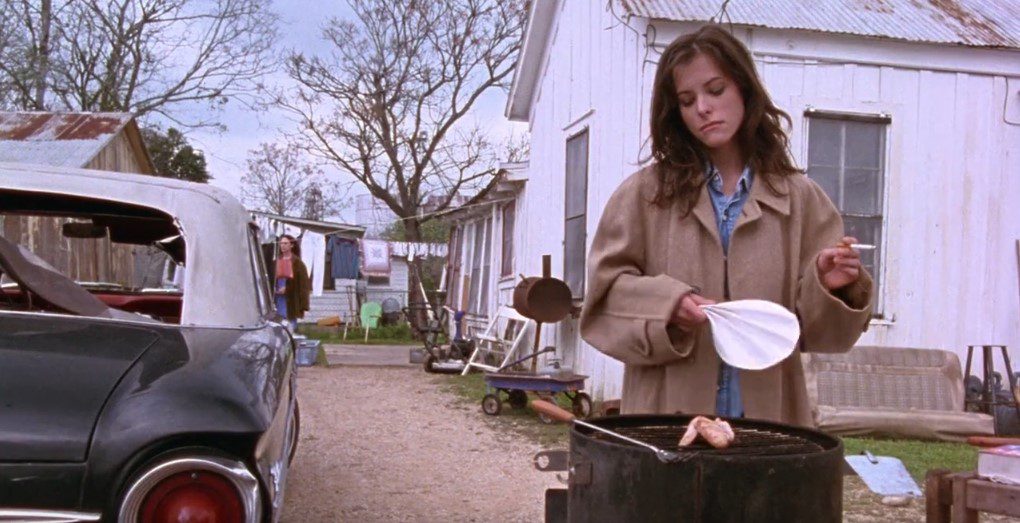
The mockumentary Waiting For Guffman (1996) is the film that established Christopher Guest’s modus operandi as a writer, director, and actor. Upon its release, Waiting For Guffman became an instant cult classic. In the years since the release of Waiting For Guffman the film’s cast has become a kind of troupe who appear in all of Guest’s subsequent works.
The predominantly improvised film follows theatre legend Corky St. Clair (Christopher Guest) as he mounts an original production about his new home Blaine, Missouri the “stool capital” of the world. With the help of the town’s folk (Eugene Levy, Fred Willard, Catherine O’Hara, Parker Posey, and Bob Balaban) whom he has cast and is collaborating with, St. Clair hopes that esteemed critic Guffman will attend the show and revive St. Clair’s stalled Broadway career.
With his cast of regulars in tow Guest sets out to lampoon regional musical theatre and white, middle class America. For every instance that Waiting For Guffman is sentimental or tongue-in-cheek there is a moment of true venom. As obvious as it is that Guest loves his character of Corky St. Clair it’s also abundantly clear that the character is made up of those truths specific to theatre culture that have become stereotypes. The challenge for each and every one of Guest’s mockumentaries is to create satirical characters that are not wholly reductive of what they represent in terms both social and as cultural currency.
Christopher Guest’s style is derivative of his work with Rob Reiner on This Is Spinal Tap (1984). But where Reiner’s film satirizes popular culture and the social network behind its manufacture, Guest opts to look at communities that form around niche interests like regional theatre, dog shows, and music festivals. The characters in Guest’s own films are rarely rock stars; they are every day people who set out on a journey to celebrate their passions and desires. In Waiting For Guffman this is epitomized by the characters played by Posey (“I’ll always have a place at Dairy Queen”) and Levy (whose character moves to L.A. after working with St. Clair).
Guest seems to peer at the American middle class milieu at the heart of Waiting For Guffman with a morbid fascination. The mode of the film switching back and forth between pity and awe. While the film celebrates the unbridled audacity of its relatively talentless characters to put on a musical it simultaneously mocks their ambitions and perceives them as little more than extensions of the roles they play in the fabric of Blaine’s community. Either the audience laughs at or with the characters.
The more truths the actors can find during their improvisations the funnier the film becomes. O’Hara and Levy specialize in creating characters that are woven with so much specificity that it’s difficult to dismiss them as fiction. It is when actors achieve this rare thing that a mockumentary like Waiting For Guffman succeeds in capturing the empathy of the spectator. Even as we laugh or mock these figures of fun, we do so lovingly. The ensemble in Waiting For Guffman manages to make Blaine a kind of anywhere USA suburb rich with characters who seem plucked from our own everyday lives.
